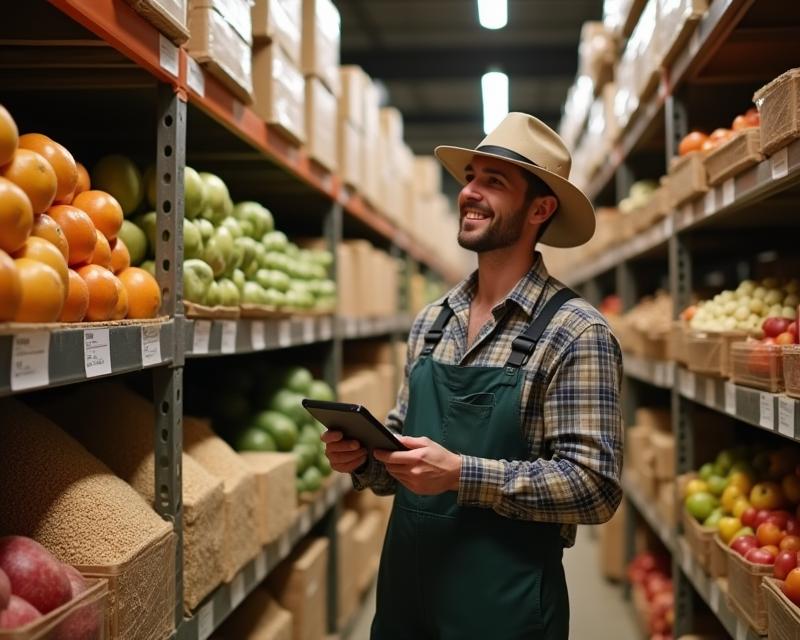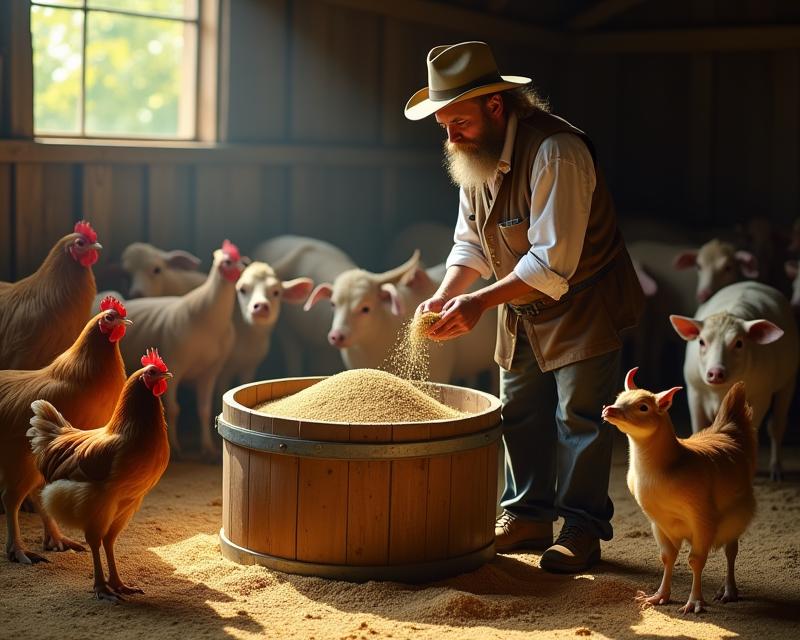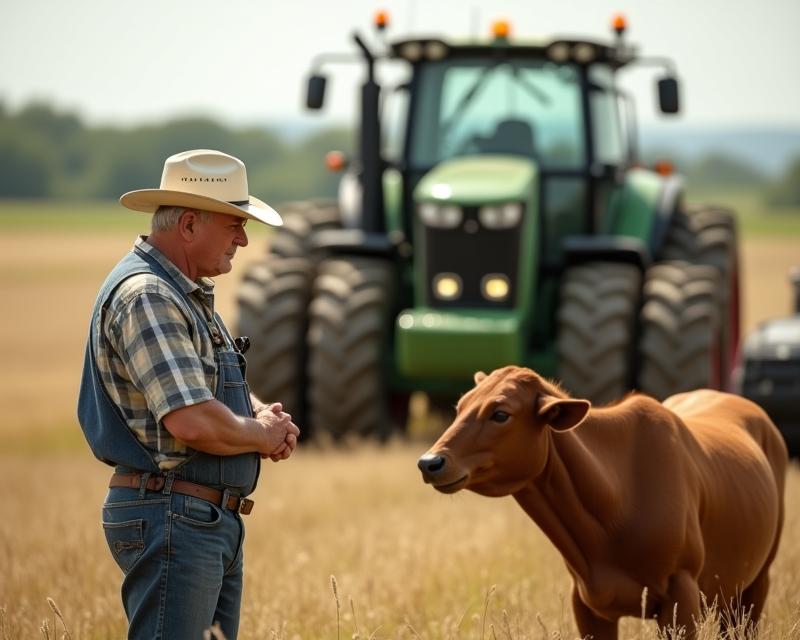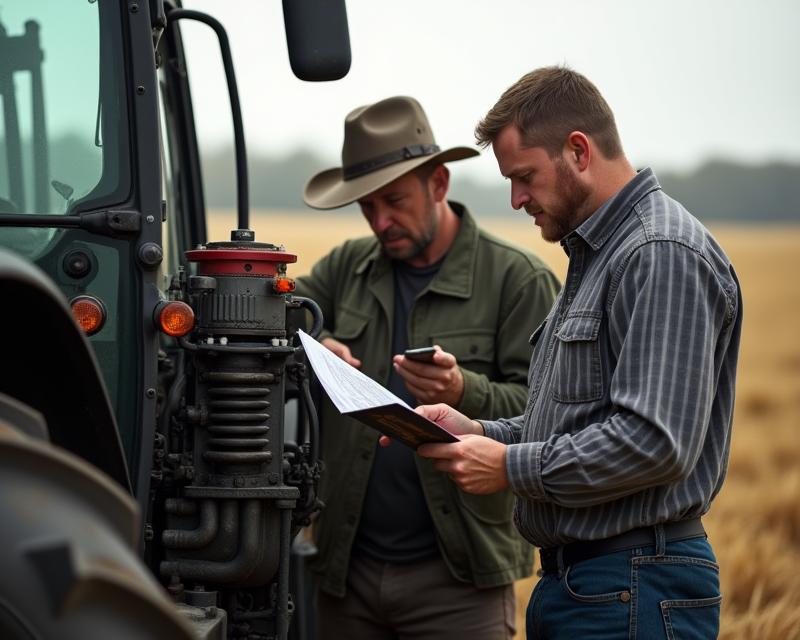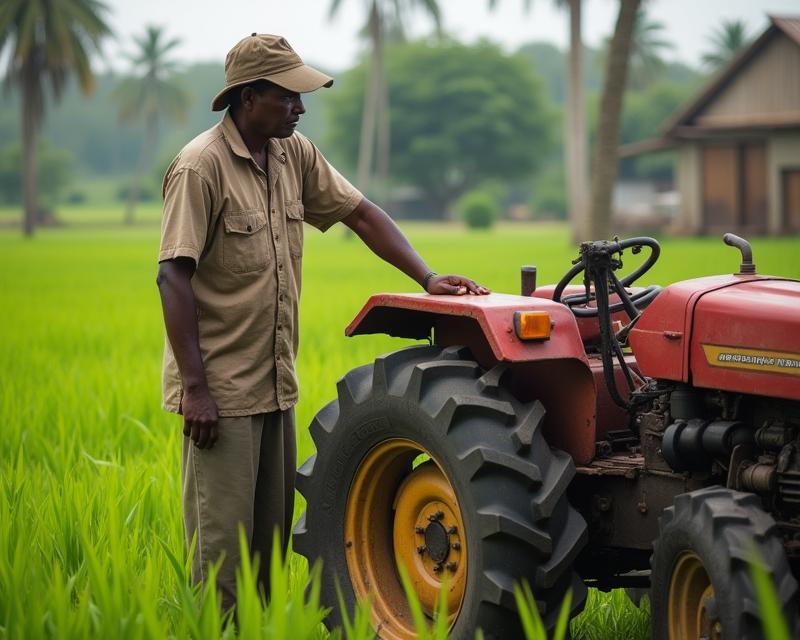Beyond Imports: Securing Your Farm's Inputs
Publish in Farm Business el 04/07/2025 16:03
Beyond Imports: Securing Your Farm's Inputs
As farmers and gardeners, we rely on a steady stream of inputs – fertilizers, seeds, and equipment – to keep our operations running smoothly. However, global events can disrupt supply chains, making it harder and more expensive to access these vital resources. Relying solely on sanctioned imports can leave your farm vulnerable. Fortunately, there are several alternative strategies you can explore to ensure a consistent and reliable supply of what you need.
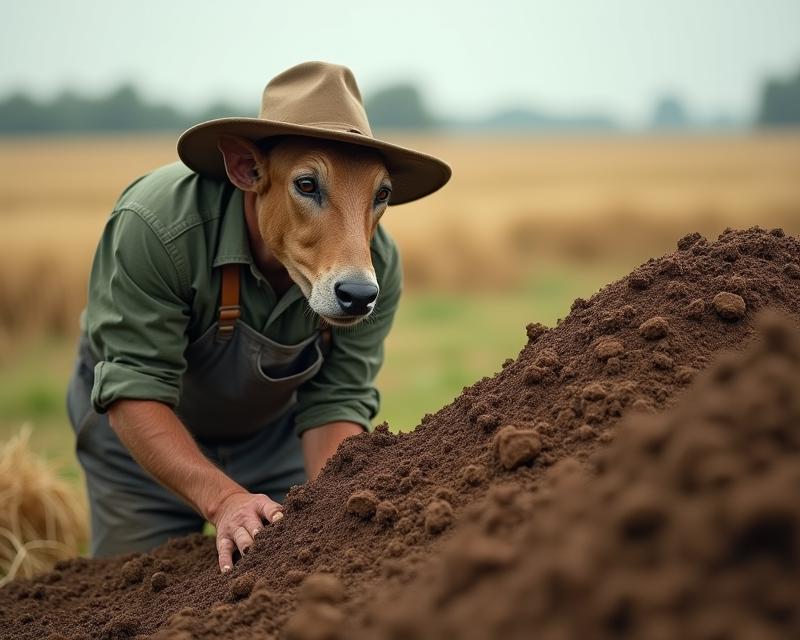
Diversifying Your Supply Chain
One of the most effective approaches is to diversify your supply chain. Instead of relying on a single supplier, look for multiple sources for your essential inputs. This could mean working with local suppliers, exploring regional distributors, or even considering partnerships with other farms. Building relationships with a variety of vendors gives you more negotiating power and reduces your risk if one supplier experiences disruptions.
Embracing Local Solutions
Don't underestimate the power of local resources! Consider sourcing fertilizers from local compost facilities, manure producers, or even by creating your own compost on-farm. For seeds, look for regionally adapted varieties from local seed companies. This not only reduces your dependence on distant markets but also supports your local economy. Furthermore, locally sourced inputs often have a smaller carbon footprint, aligning with sustainable farming practices.
Exploring Alternative Fertilizers
Synthetic fertilizers are a common choice, but there are many excellent alternatives. Organic options like compost, cover crops, and green manures can significantly improve soil health and reduce your reliance on synthetic inputs. Consider incorporating these practices into your farming plan. Research the specific needs of your crops and explore nutrient management plans tailored to your soil type. Cover crops, for example, can fix nitrogen in the soil, reducing the need for nitrogen fertilizers.
Investing in On-Farm Production
For some farmers, investing in on-farm production of certain inputs can be a viable option. This might involve establishing a small-scale fertilizer production facility, growing your own cover crops, or even producing your own animal feed. While this requires an initial investment, it can provide long-term cost savings and greater control over your supply. It also adds value to your farm and can be a selling point for consumers interested in locally produced goods.
Navigating the complexities of global supply chains can be challenging, but by exploring these alternatives, you can build a more resilient and sustainable farm operation. It's about being proactive, resourceful, and embracing innovative solutions to ensure your farm's long-term success.
